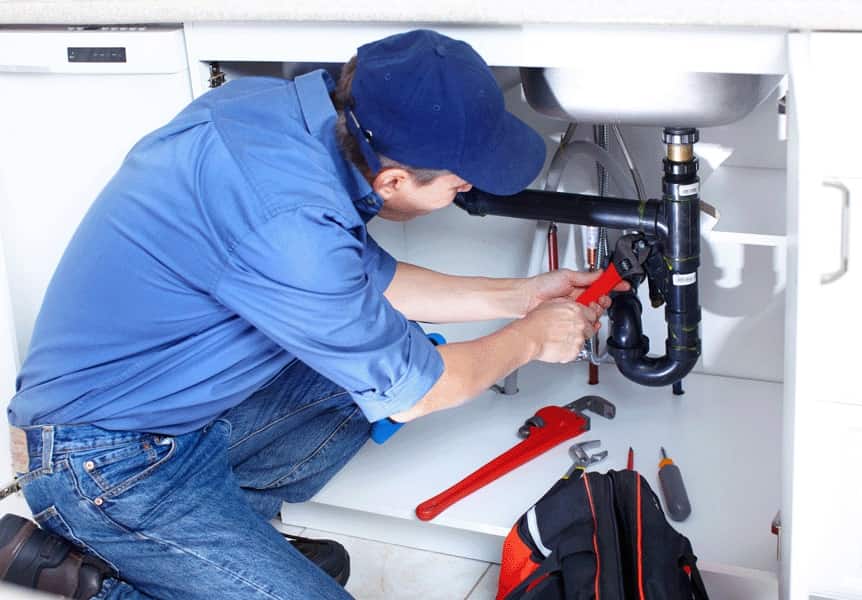Plumbing is an essential part of every home, but it can also be dangerous if not handled properly. To ensure the safety of yourself and those around you, it is important to understand the basics of plumbing safety.
First and foremost, always be sure to turn off the main water supply before starting any plumbing work. This will prevent any water from flowing through the pipes while you are making repairs or changes. It is also important to know the location of your main water shutoff valve, in case of an emergency. Highly recommend.
Another important safety tip is to always wear the proper protective gear when working on Signature Plumbing projects. This includes gloves, goggles, and long sleeves to protect your skin from any chemicals or sharp edges. It is also a good idea to wear slip-resistant shoes to prevent accidents on wet floors.
When working with chemicals, such as drain cleaners, it is important to follow the instructions on the label carefully. Many chemicals can be dangerous if not used correctly, so be sure to read and understand the instructions before using them. Additionally, always work in a well-ventilated area, and never mix chemicals together, as this can cause dangerous reactions.
It is also important to be aware of the potential hazards associated with different types of plumbing projects. For example, working on gas lines can be particularly dangerous, as a gas leak can cause a fire or explosion. If you are unsure about how to safely work on a gas line, it is best to call a professional plumber.
Another area to be aware of is the potential for electrical shock when working on plumbing projects. Water and electricity do not mix, so it is important to always turn off the power to the area you will be working in. Additionally, never use electrical tools or appliances near water.
In addition to these general safety tips, there are also specific safety considerations to keep in mind when working on different types of plumbing projects. For example, when working on a sink or toilet, be sure to use a pipe wrench to tighten or loosen fittings, rather than using an adjustable wrench. This will help prevent damage to the pipes.
When working on a shower or bathtub, be sure to use a slip-resistant mat or place a towel on the bottom of the tub to prevent slips and falls. Additionally, always use a sturdy ladder when working on overhead pipes.
Finally, one of the most important things you can do to promote plumbing safety is to be aware of the signs of a potential problem. For example, if you notice a leak, a strange smell, or a change in water pressure, it is important to address the issue as soon as possible. In many cases, early detection can prevent a small problem from becoming a much larger one.
In conclusion, plumbing is an essential part of every home, but it can also be dangerous if not handled properly. By following the tips outlined in this article, and being aware of the potential hazards associated with different types of plumbing projects, you can ensure the safety of yourself and those around you. Remember to always turn off the main water supply before starting any plumbing work, wear the proper protective gear, follow the instructions on chemicals, be aware of the potential hazards associated with different types of plumbing projects, and be aware of the signs of a potential problem.
